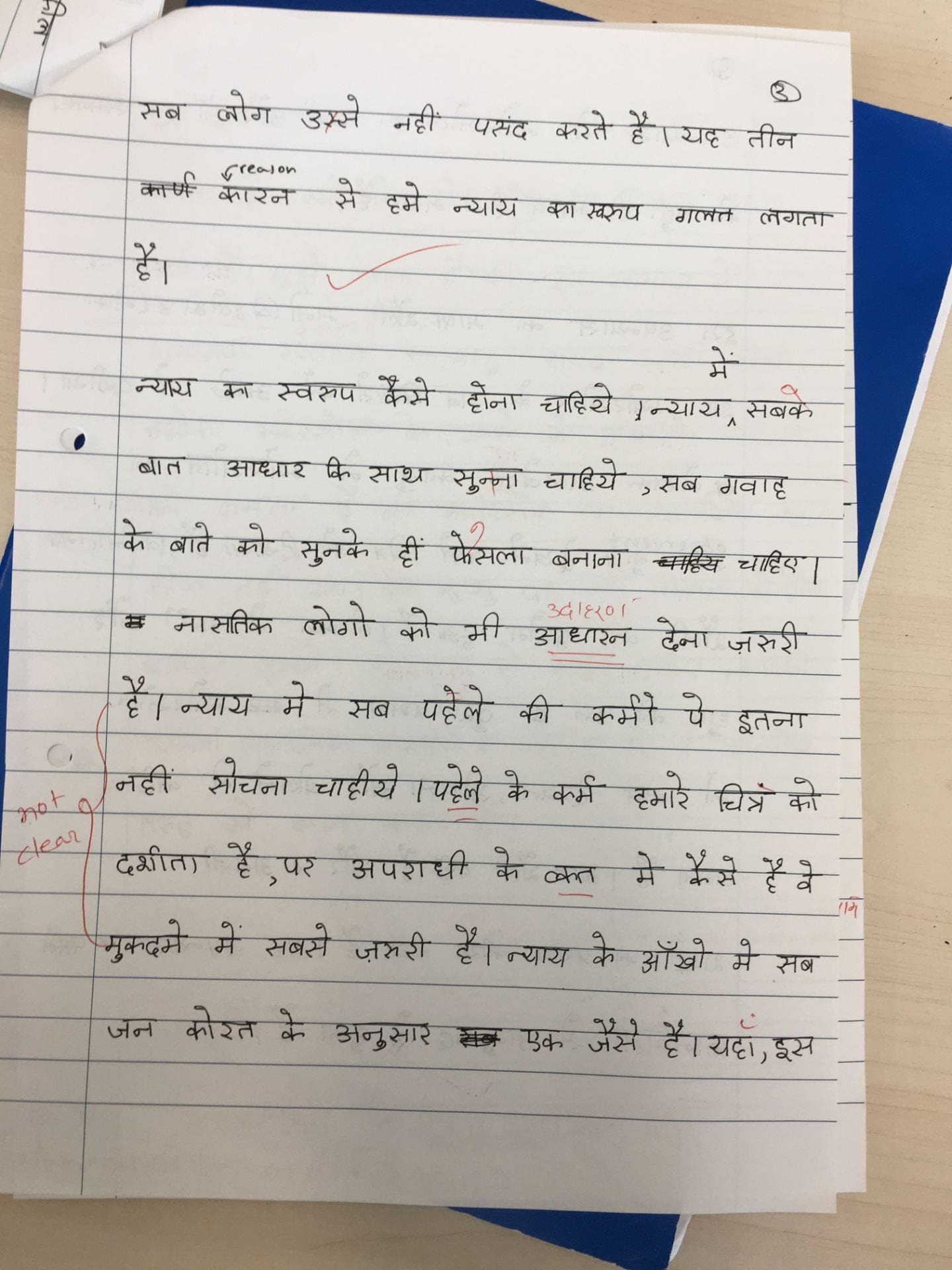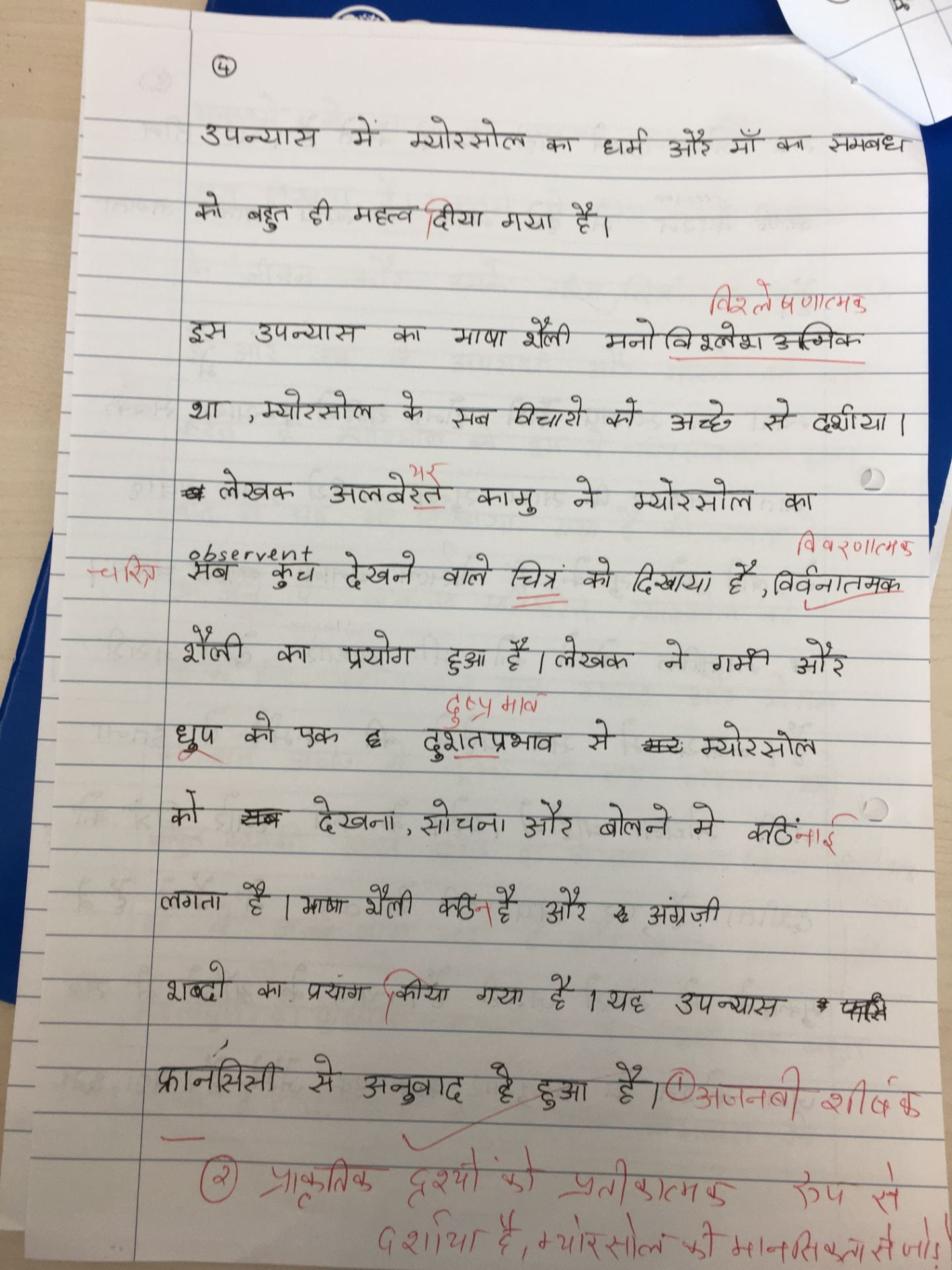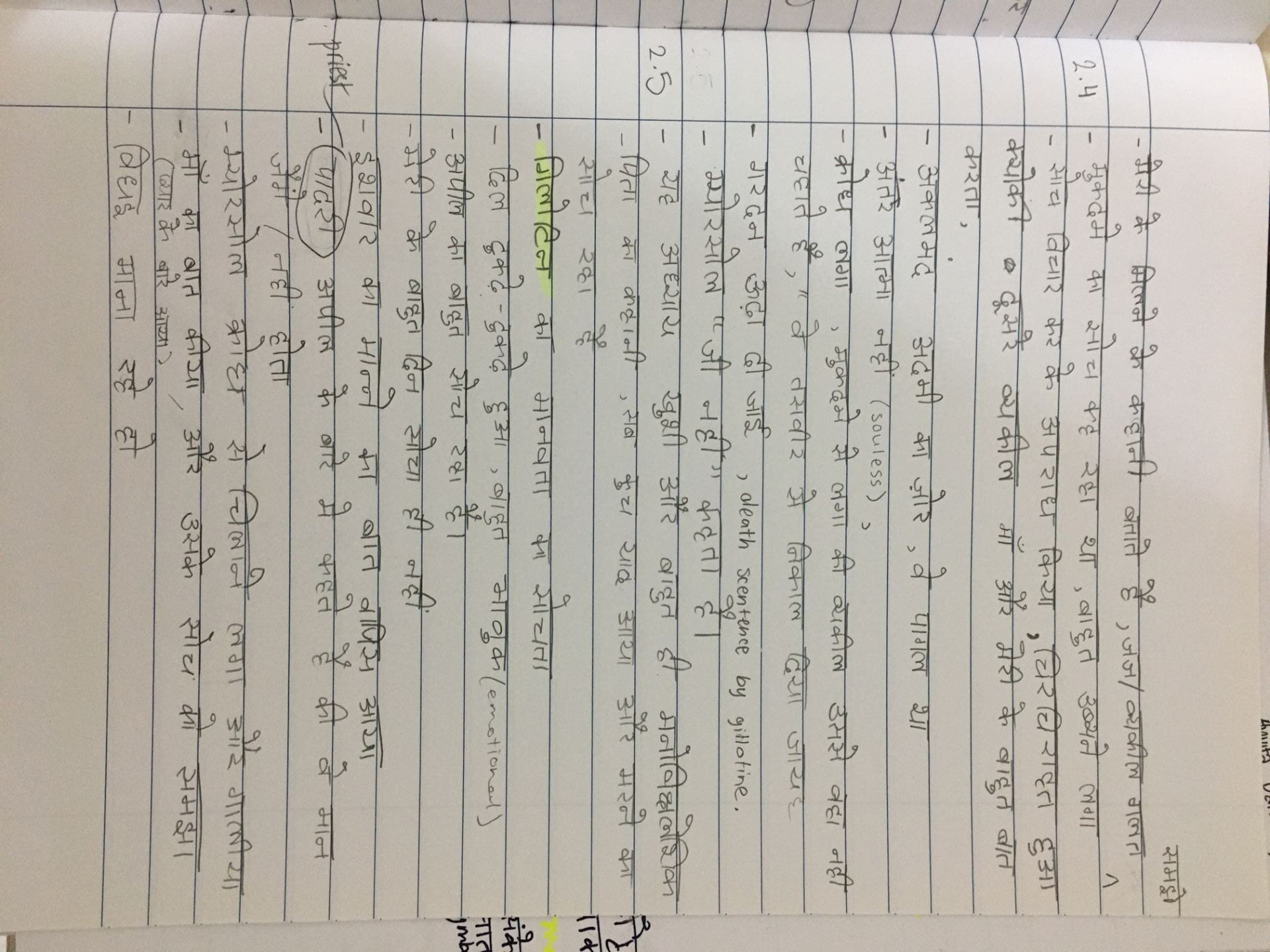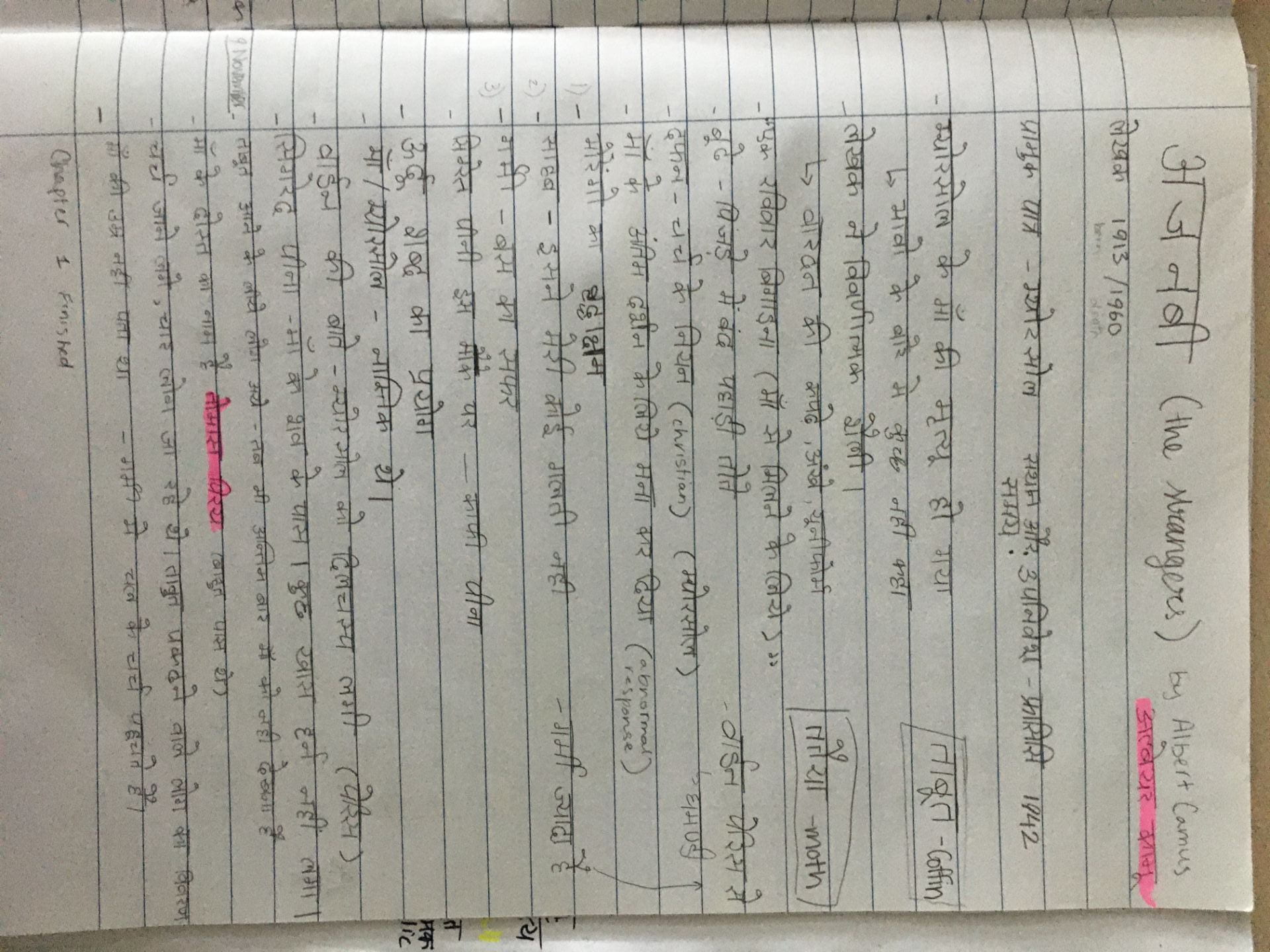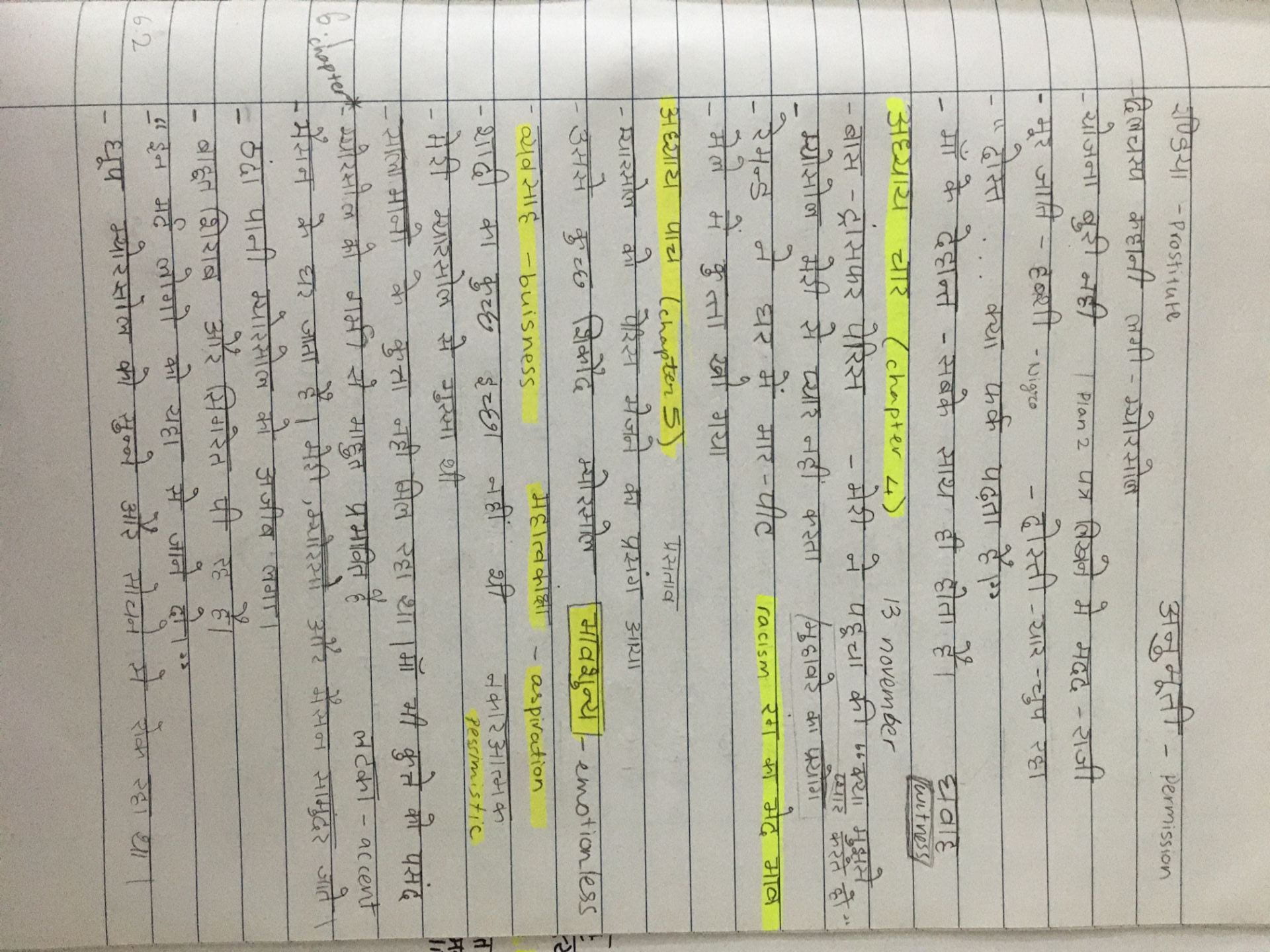Author: Anvita
Essay and audio post: Napoleon Crossing The Alps by Kehinde Wiley (analysis)
Kehinde Wiley’s recreation of Jacques-Louis David’s famous ‘Bonaparte Crossing the Grand Saint-Bernard Pass’, both express the theme of power. Wiley, however, challenges the traditional canonical representations of power shown in David’s painting by altering the elements of composition, colour, fashion, and background and incorporates them with a modern twist of his own.
Though the composition is very similar and uses the traditional equestrian symbolism as a portrayal of power, there are small changes in positioning and facial expressions which produce different meanings. In David’s painting, the horse has a lighter face but the darker shadows on its legs and back give it a more sinister look. On the other hand, Wiley’s painting has a smoother texture giving it a more majestic look. In both paintings, the positioning of the arm and finger-pointing ahead shows a leader with a vision. Wiley, however, portrays a serious yet kind and welcoming expression of a black leader in contrast to David’s rather harsh and arrogant expression of a white leader. This is to break the stereotype of how society portrays black men as dangerous and violent.
The use of fashion and colour in the two paintings give us an insight into the culture and identity of the leaders. The repetition of yellow throughout Wiley’s piece, in the hues shadows and cape, give a warmer and friendlier feeling. Yellow and gold are mostly associated with wealth and power compared to David’s red cape which can be associated with blood and danger. Wiley dresses his man in modern streetwear influenced fashion including yellow Timberland boots, red branded wristbands, a white bandana and a loose camo pant-shirt combo. David dresses Napoleon in a fancy traditional military uniform. The clothing in Wiley’s piece represents black culture and challenges the predominantly white culture represented in portraiture, and awards power to a black man. Wiley also found his sitter by scouting the streets, the anonymity of the sitter challenges how portraiture was typically for monarchs and famous military leaders. Wiley added “WILLIAMS” which is the name of the sitter into the engraved rocks, positioning him with the powerful leaders.
The background has red and gold embellishments of a Baroque pattern and small white sperm swimming throughout it. The colour scheme represents power and royalty. Jacques-Louis David explored Napoleon being a powerful leader who overcame the treacherous Alps, playing on the idea of a man overpowering nature. In Wiley’s piece the alps are replaced with the baroque pattern which can show the sitter overcoming the challenge of racism and toxic masculinity. The tiny sperm which are scattered in the background is Wiley’s way of challenging hyper-masculinity present in traditional portraiture.
In this work, Wiley puts a black man in a position of power, this is a key part of his work as he aims to promote diversity in art. He uses the elements of design to make the subject powerful but more modern and approachable, something his viewers could connect to. He uses contrasting colours and smooth textures to make the figure look elegant and challenge the negative stereotypes, the powerful equestrian imagery and composition to show him as strong and powerful.
G11 reflection (december 2020)
ajnabi assesment
IASAS MUN experience
IASAS MUN was my 1st conference this year as well as the first advanced conference. It was obvious that the delegates knew what they were doing about and had been to at least a few conferences (though not everyone participated). In my resolution group, we made a resolution on Hampering the economic repercussions of COVID 19 on the economy. To prepare for the conference I did a lot of research on Chile and the different economic systems, solutions and how they function. I was able to grasp a strong understanding of the topic. I was the main submitter of the resolution and this was the only reso in our ECOSOC to pass with no against votes. In fact, my resolution got picked to be debated in the General Assembly ( which is the combination of all the committees where all delegates debate together. My resolution is pasted below. I learnt a lot at the conference and I was able to improve on my debating and thinking on the spot skills. Practising to speak in front of the general assembly was nervewracking and challenging but I did mentally prepare myself ( however we didn’t get to debating it due to zoom hackers and outside factors).
#LO6- global value- Learnt about the global economy in detail and the possible solutions.
#LO5- collaboration- Worked with my reso group and committee to improve on these solutions as well as the other issues that were being debated.
#LO2- challenge- Possible speaking in front of the General Assembly. Explaining the reso to other delegates and convincing them (I succeeded as the reso passed).
Topic: Hampering the economic repercussions of COVID-19
Main Submitter: Chile
Co-Submitters: Palestine, South Africa
Signatories: Luxembourg, Venezuela, Philippines, Burkina Faso, Niger, Côte d’Ivoire, Thailand, Sierra Leone, Brazil
Committee: Economic and Social Council
Deeply disturbed, that the IMF has warned that the global economy will shrink by 3% this year.
Recalling in the first three months of 2020 the G20 economies fell 3.4% year-on-year
Acknowledges that The Dow and the FTSE saw their biggest quarterly drops in the first three months of the year since 1987
Noting with regret that between April and June 2020, the International Labour Organization estimated that an equivalent of 400 million full-time jobs was lost across the world
Taking into account, it is predicted for global growth to rise to 5.8% next year if the pandemic fades in the second half of 2020
Keeping in mind that income earned by workers globally fell 10 per cent in the first nine months of 2020, equivalent to a loss of over US$3.5 trillion
- Encourages the implementation of stricter regulations in combating the proliferation of the Covid-19 virus, thus improving the overall health and safety in the country which would benefit the economy, with stricter regulations such as but not limited to:
- the implementation of night or day curfews
- stay at home orders or quarantine
- military or police presence in the streets to ensure safety protocols such as but not limited to:
- 1 meter Social Distancing
- wearing a mask in public spaces
- encouraging unwilling protesters to follow rules in ways such as but not limited to:
- arrest warrants
- fines;
- Calls upon member states to tackle the economic issue of income disparity through the use of fiscal and monetary policies in order to strengthen the economy and ensure that all citizens are well-supported to prevent the widening of the income gap through the use of policies such as but not limited to:
- providing stimulus checks to the middle class and lower-income households to boost aggregate demand through spending within the economy
- the use of wage subsidies which reduce the costs of production for firms
- progressive taxes which aim to reduce the burden on lower-income earners
- cancelling penalties for late submission of tax returns
- subsidizing public systems such as public transport in order to support working-class citizens, which in turn will increase productivity within the country
- purchasing government securities/Quantitative Easing
- reducing the reserve ratio;
- Recommends that member nations create revised trade agreements which, maintains and updates previous agreements in line with the impact and needs of COVID-19 and allows globalisation to prosper rather than contract increasing the global GDP, in ways such as but not limited to:
- boosting the confidence in trade and global markets by improving transparency about trade-related policy actions and intentions through:
- monthly reports detailing
- the countries statistics in terms of Covid
- medical needs
- finances spent on Covid-19 relief
- meetings between member states every quarter
- monthly reports detailing
- keep supply chains flowing, especially for essentials such as health supplies and food through methods such as diversifying supply chains to decrease the stress on specific member states for goods and services
- avoid unnecessary export restrictions and other trade barriers (eg, more tariffs)
- considering the ethical and environmental implications of modern trade;
- boosting the confidence in trade and global markets by improving transparency about trade-related policy actions and intentions through:
- Encourages member states to issue new temporary regulations to banks to mitigate the economic effects of COVID-19 such as but not limited to:
-
- give loan borrowers the option to postpone monthly/periodic loan repayments for the next four months, and for the tourism and hotel sectors for the next six months with options such as but not limited to:
- overdraft
- restructuring
- rescheduling
- prohibit the collection of fees, commissions or additional interest on deferred payments
- launch an SME fund to provide soft loans to SMEs impacted by the crisis which would be disbursed under the 3% interest rate with a repayment period of 48 months;
- give loan borrowers the option to postpone monthly/periodic loan repayments for the next four months, and for the tourism and hotel sectors for the next six months with options such as but not limited to:
- Emphasises the benefits of behavioural economics and understanding nudge theory as to direct consumers towards desirable actions, save the government money as well as ensure the efficient spending of resource, as well as the ways that it can prevent the spread of COVID and through ways such as but not limited to:
- creating PSA’s that show the real-life consequences of COVID on a person health and interviews victims of the diseases
- starting campaigns like the UK’s NHS’ #helpushelpyou to support and raise awareness for healthcare workers
- placing masks and other PPE in convenient locations to influence consumers to buy these products;
- Emphasises the benefits of creating a fixed currency fluctuation range and regulating the value of the currency to ensure that trade is unaffected by detrimental impacts of a rapidly changing valued currency through ways such as but not limited to:
- appreciating a currency by:
- selling foreign exchange assets and purchasing currency
- raise interest rates to attract money flow
- supply-side policies to increase long-term competitiveness
- devaluing a currency by:
- buying foreign exchange assets and purchasing currency
- decrease interest rates to attract money flow;
- appreciating a currency by:
- Approves the use of educational reform/improvements which have long term economic benefits using methods such as but not limited to:
- reducing fees and providing subsidies to students and younger unemployed civilians who can rejoin the workforce
- providing specific skills and retraining courses for jobs that will likely be replaced
- providing targeted training courses for jobs that are currently required ( eg. Contact tracers, temperature takers, health monitors and workplace redesigners )
- exploring and improving online educational platforms and creating strong broadband infrastructure systems.
अजनबी नोट्स
झूटन dictation
Urban Gardening Propogation
Initiative and Planning for Urban Gardening Service: Yesterday during Service we planned our goals and Aims for the rest of the year. Below is the table which includes our goals and our plans on how to achieve them. Mrs Jackyl also told us about the local significance of our activity, 6 or 7 activities are directly impacted by our service, the plants we grow are used by the primary, middle and high school gardening activities, The sustainabrew, Raw beauty, Composting and East farmers market use our plants. We also talked about our aim to become more Sustainable by making our own seeds and encouraging donations. We also talked about Awareness and how we want to showcase our successes and encourage others to start gardening. We have planned some informational videos about how to plant and work on improving our portfolio/padlet/websites. We discussed the SDG’s that we focus on. As chairs, Isabel and I came up with these ideas and collaborated with the communication officers, Eddie and Raghavi in our group. One of the other initiatives that we are starting is to create a seed bank. We discussed the Svalbard seed vault in Antarctica, Where countries from all over the world send their heirloom seeds, that way if any nuclear war or natural disaster occurred and civilisation would have to restart we would have access to seeds. Currently, Six large firms dominated the sale of seeds and agricultural chemicals in 2015 in the United States and around the world: BASF, Bayer, Dow Chemical, DuPont, Monsanto, and Syngenta. This is dangerous as most people will not have access to seeds. Learning to plant and creating our own seeds is very important on a global scale


